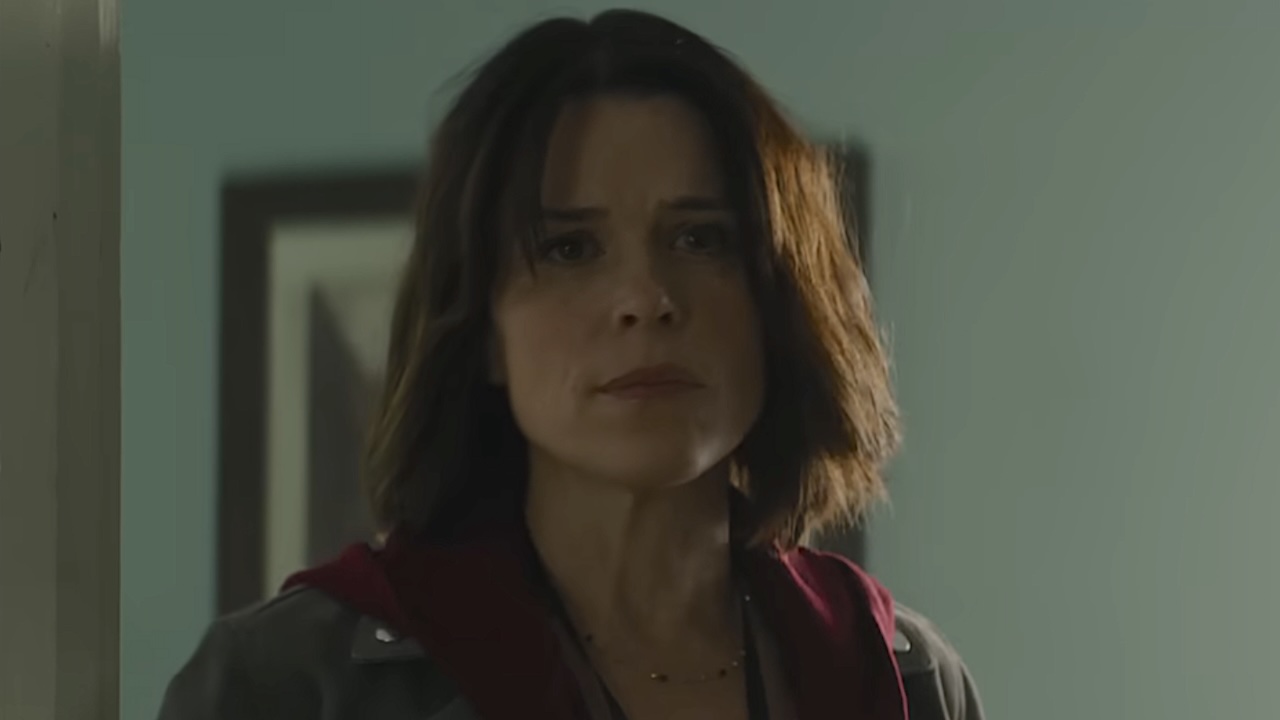Exclusive Interview: Dominic Cooper Is A Sex Symbol In Tamara Drewe

Your Daily Blend of Entertainment News
You are now subscribed
Your newsletter sign-up was successful
Tamara Drewe is a film directed by Stephen Frears, the acclaimed filmmaker behind The Queen and High Fidelity, and it stars British up-and-comers Gemma Arterton and Dominic Cooper. But don't be fooled; Tamara Drewe is a very silly, very fun comedy, a loose adaptation of Thomas Hardy's Far From The Madding Crowd (and based on Posy Simmonds' graphic novel) in which many people fall in and out love, scheme against each other and spread rumors in the idyllic British countryside. Arterton stars as the titular character, a star newspaper columnist who moves out to her old home in the country and stirs up every man in the village with her new hot body and surgically tweaked nose. Among her suitors is rock star Ben (Cooper), who moves with her initially to the old farmhouse but doesn't exactly take well to rural life.
Tamara Drewe debuted to mixed reviews at Cannes in May and swung through the Toronto International Film Festival last month before its release this weekend. That's where I caught up with Cooper, and asked him about the oddball responses the film has been getting, with the assumption that some people just weren't expecting such a light comedy from a director like Frears. We also talked about working with the teenage actresses who idolize his rock star character-- including shooting a very silly fantasy romance sequences-- the movie's commentary on paparazzi and obsessions with fame, and what it's like to take your shirt off for the sake of camp. You can read some of Cooper's thoughts on playing Howard Stark in First Avenger: Captain America here, and check out the rest of our conversation below.
It seems like people weren't quite expecting this movie to be as silly as it is. Did you expect it when you filmed it?
No, I didn't at all. I didn't know what to make of it. And I found it completely peculiar that [Stephen Frears] was making it. And that's what I quite liked about it. I knew that he had a much higher intellect, he knows his stuff, knows his filmmaking. He was so assured about what it was and what kind of piece it was.. There was nothing else too complicated about that.
When you get the script and you don't have him there to explain it, how do you understand what this is all going for?
I couldn't. I couldn't work out what it was. I tried to gauge the humor of it, and tried to understand where it sat in terms of how specific and serious it was being about these people. They're very specific in that it's a middle-class England that rarely gets portrayed. Fundamentally it's rotted from within, but from the outside looks so idyllic and perfect. And I love that about it. I kind of liked how awful all the characters were. None of them are likable, really.
Your character obviously starts off as the guy you want to hate, but after a while you realize that even Tamara isn't the heroine.
Your Daily Blend of Entertainment News
Yes, and I like how unexpected that is. They're terrible to one another, and they're all deceiving one another, and they all lie to one another. But then you take a glimpse at the real world, and that's what most people do anyway in some form or another.
The movie's commentary on celebrity is really interesting, especially with you and Gemma in the lead roles, having been through this wringer with the paparazzi in the last few years being in bigger and bigger movies. Is that something you related to?
It's a ridiculous world, and I don't think we're too affected by it, which is good. I've seen people that have been affected by it and it's madness and chaos, but it comes with the territory. You can't not expect that. You just have to adapt and change the way you live your life. It's so ludicrous. We feed it continually with these magazines and these empty, pointless articles about their mundane life.

How did you build the rapport with the 15-year-old girls in the movie, who you had a lot of screentime with?
It was lovely working with them, and they're extremely talented, but they have not done a great deal of work. It's never about teaching or guiding. You want to make sure they feel as comfortable as they possibly can to make sure they do the work you know they're able to do. Certainly with material like this, where you're putting yourself on the line in terms of stumbling and falling and making yourself look like an idiot. You have to be prepared to take the risk. But if you've got someone like Stephen who's that talented and fills you with that much confidence.
Was it uncomfortable filming something like that fantasy sequence [in which one of the teen girls imagines a romantic encounter with Cooper's characters]? You must have had to work harder to establish that comfort level.
I don't know. The scene was what it was. There was no problem there. It was a fantasy, nothing really sexual going on whatsoever. It was funny. Again, everything was always light, and done humorously. She was so brilliant at going into that kind of fantastical world in her head. You kind of immediately knew what it was, and I knew what I needed to be.
In that scene and also in Mamma Mia!, you're in this unusual position of being a sex object as a male actor. It happens to women all the time, but it's rare for a male actor. Do you enjoy subverting that?
I've never though about that, but I guess it is, isn't it? I'm constantly having my top taken off. I can understand why it becomes-- I've never really thought about it actually.
And you kind of embrace it?
Certainly for this is was a fantasy, and obvious in what it was trying to achieve through celebrity and through this girl's ideas. And kind of the same for Mamma Mia in a way, it's dancing and very camp and on a beach, dancing to ABBA. It's ludicrous, and it needs that. I've never used it where it's just, be there, be appealing. But I imagine that's real disheartening.
Staff Writer at CinemaBlend

